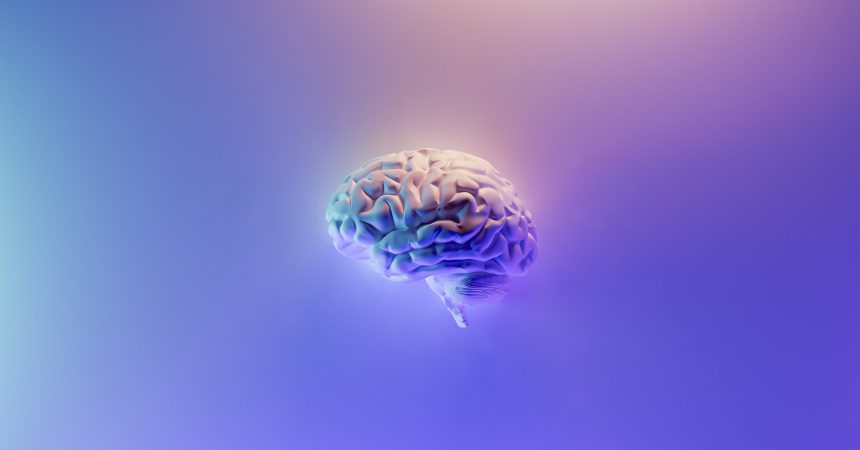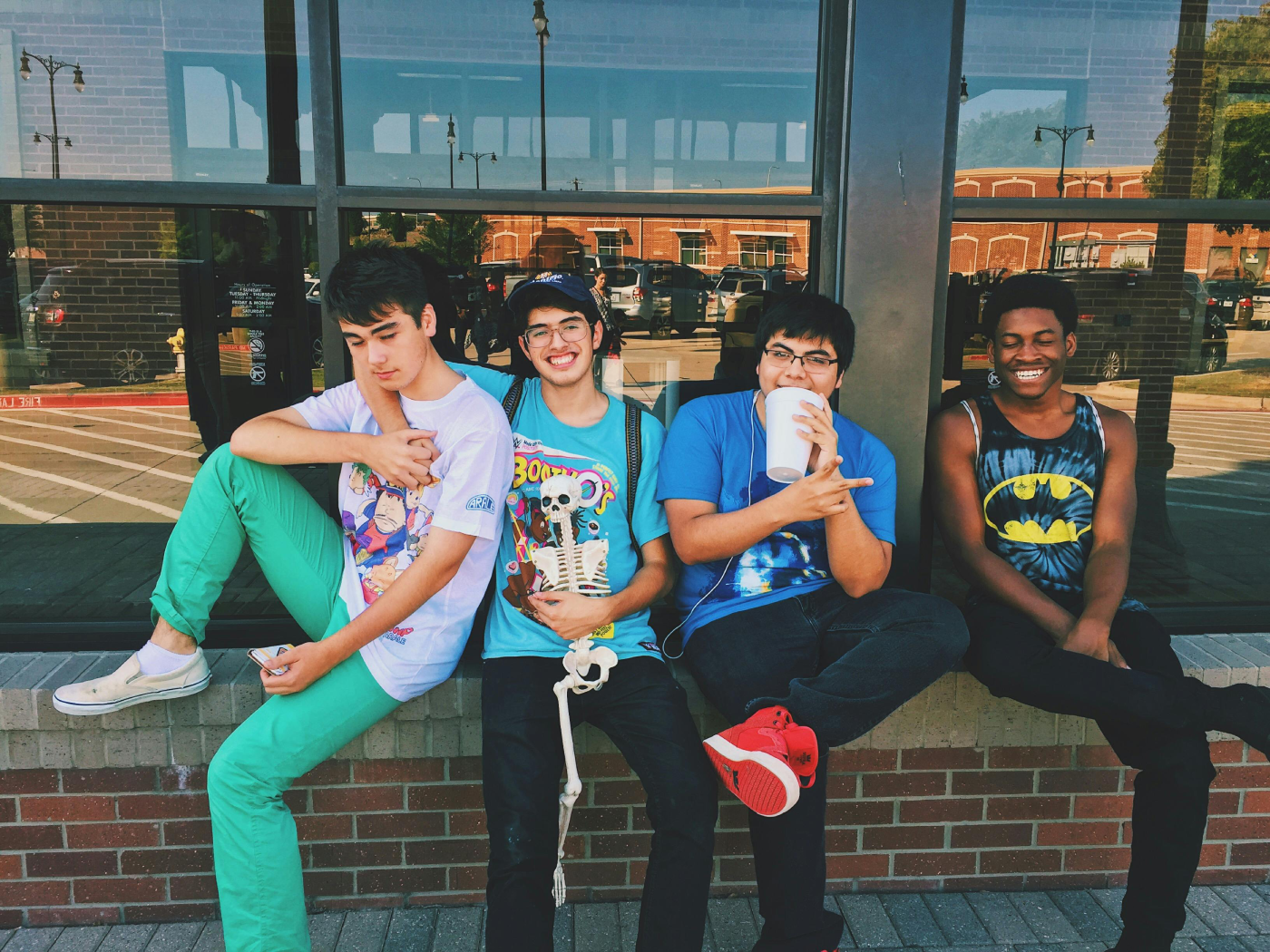Our brains are complex, mysterious organs made up of billions of neurons. These little neurons control virtually everything we do, from blinking, to swallowing, breathing to walking. Our brains are forever changing as we grow and experience new situations. Every memory thought process, environment, and situation creates a new connection within the brain which essentially rewires it.
Domestic violence survivors end up enduring a range of ongoing and challenging mental effects of abuse. Individuals who have experienced a traumatic event or a period of traumatic events often experience a range of negative emotions from confusion to shame about how they responded to the trauma they were experiencing. For example, many individuals will often constantly wonder why they didn’t fight back or why they didn’t walk away from such a devastating environment.
However, we as humans have very little to no control over our very own brain defense mechanisms to whether we choose to:
- Fight
- Freeze
- Flight
- Flop
Toxic partners and relationships can destroy an individual’s life for years on end.
A typical reaction of the brain to abuse
Several factors contribute to an individuals’ addiction’ to their abuser. This can take for as:
- Oxytocin – Bonds the victim to their abuser
- Endogenous opioids – Pain, pleasure, dependence, and withdrawal
- Corticotropin-releasing factor – Stress, withdrawal
- Dopamine – Wanting, craving seeking
Such strong neurochemistry in such dysregulated states can create a mindset in which it becomes nearly impossible for the victim to manage their intense emotions and make logical decisions. However, just as trauma can negatively rewrite an individual’s brain, effective therapy can rewire the complex organ back.
It can take time for an individual to begin feeling safe in any environment once they are away from their abuser, especially if the perpetrator was extraordinarily controlling and violent. The effects of this type of trauma will vary from person to person depending on various factors such as age, stress, frequency, and severity of abuse. This can be seen to include but is not limited to:
- Depression
- Prologoned sadness
- Low self-esteem
- Anxiety
- Drug abuse
- Alcohol abuse
- Constantly questioning yourself
- Flashbacks
- Suicidal thoughts or attempts
- Post-traumatic stress disorder can include but is not limited to:
- Nightmares
- Profuse sweating
- Nausea
- Trembling
- Hallucinations
Cognitive dissonance and trauma bond
two psychological states are vital for victims of physical and emotional abuse that they need to be aware of:
- Cognitive dissonance
- Trauma bond
These states completely override the victim’s valid reasoning that could help them gain freedom from their abuser. This process can happen automatically to the brain when an individual is placed into an abusive situation for a long duration.
Cognitive dissonance – Cognitive dissonance reflects the distress and trauma of holding two opposing beliefs simultaneously. Individuals often will sit fighting between two opposite reasonings; these can often take for as:
- An abuser is a nasty person who has wholly violated my trust. I have witnessed a pattern of cruelty and evil; they are toxic individuals I need to get rid of.
- An abuser is a good man deep down; they were having a hard day and didn’t intentionally go out of their way to hurt me; it just happened. their aggression was not indeed at me; he was protecting himself from all the guilt he is carrying for what he did.
When our brains start attempting to make sense of conflicting, opposite information, the process of reasoning and rationalizing commonly begins to happen. This process can begin immediately; for a victim to end the cycle of trauma and rid themselves of their abuser and the hostile environment they cause, they must start seeing the situation for how it is. The victim must stop reasoning and rationalizing that their abuse will stop or change.
How to aid the brain
When an individual is involved in a negative, toxic, and mentally damaging relationship, the victim often becomes anchored to their abuser, which places them in a vulnerable situation and opens them up to grave harm.
One of the many ways victims can begin helping their brain break the trauma bond is by facilitating the release of calming oxytocin. When an individual ignites the oxytocin receptors, it can start:
- Reducing cravings
- Ease withdrawal
- Lessen pain
Going no contact or limiting communication, don’t verbally fight back. If a victim breaks the trauma bond, they need to begin disassociating their emotions and feelings from their abuser. When the victim starts going no contact or significantly reducing the amount they speak to their abuser, the brain does not have a chance to release the attachment chemistry. This will help the victim see the abuser for who they are.
Get help today
Sadly, victims who suffered through an abusive relationship will often turn to alcohol and drugs to deal with flashbacks and PTSD-like symptoms. While the victim is no longer in a violent situation, the brain cannot let go of the visual memories mentally.
Suppose you have turned to alcohol due to your traumatic past or are partially still involved in your abusive situation but want to seek help for your substance abuse. Shoreline Recovery Centre is the place for you. We not only specialize in drug and alcohol treatment plans as well as a strategic aftercare plan, but we also have teams that specialize in menthol health rehabilitation.
Start living your life to the fullest again!
If you are involved in a hostile situation in which you are ready to leave or need help formulating a plan, please visit the below link which will take you to the ‘National Domestic Violence Hotline:







